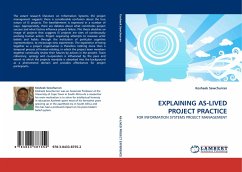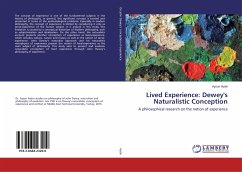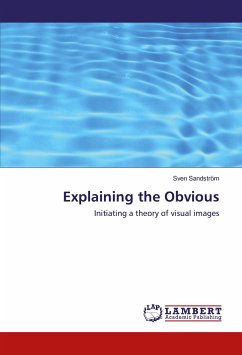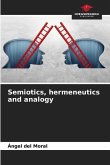The extant research literature on Information Systems (IS) project management suggests there is considerable confusion about the true nature of IS projects. The bewilderment is expressed in a number of ways. Appropriately, there are debates about what constitutes project success and what factors influence project failure. This thesis sketches an image of projects that suggests IS projects are sites of continuously evolving human action. Project organising attempts to reweave actor beliefs and habits through the institution of particular cognitive representations, to encourage new experiences. The experience of being together as a project organisation is therefore nothing more than a temporal process of human relating, in which the project team members together continually review their futures by actions in the present. Team coherency, synergy and co-operation is influenced by the pace and extent to which the projects mandate is absorbed into the background as a phenomenal domain and provides affordances for project participants.
Bitte wählen Sie Ihr Anliegen aus.
Rechnungen
Retourenschein anfordern
Bestellstatus
Storno








